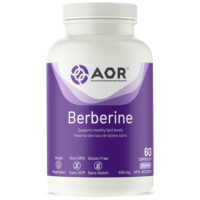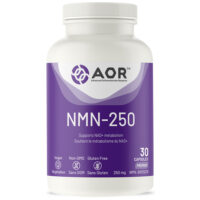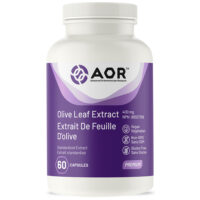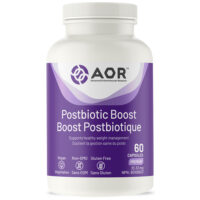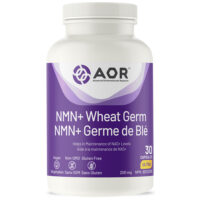We all know how important it is to take good care of ourselves during pregnancy. We seek prenatal care, eat a nutritious diet, and try to make the best choices so that our babies will be healthy and strong. But there are also some things we need to do for our babies before they are even conceived. One of the most important is getting plenty of folic acid.
Folic acid, also known as Vitamin B9 or folate, is good for us because it aids in the production of red blood cells. It is also believed to help prevent serious ailments such as cardiovascular disease and cancer. But folic acid also plays an important role in the development of a fetus: It helps prevent neural tube defects.
The neural tube is the part of a growing baby that becomes the brain and spinal cord. This transformation takes place during the first few weeks of pregnancy. If the neural tube does not close as it should, it causes a serious problem called a neural tube defect. This can manifest itself in a number of different ways, including but not limited to the following:
* Spina bifida – This occurs when the spinal cord and its vertebrae do not close completely. Mild cases cause no health problems, while more severe cases can cause a number of other problems, including paralysis.
* Anencephaly – This is a term for a severely underdeveloped brain.
* Encephalocele – Babies with encephalocele have an opening in the skull from which brain tissue protrudes.
* Death – Some babies with neural tube defects die in utero.
Getting the Folic Acid Your Baby Needs
Folic acid intake is important for women who are trying to conceive, as well as for those who are not trying but could still become pregnant. Getting adequate folic acid for at least a month before conception, and continuing to take it at least 3 months into pregnancy, will greatly reduce your baby’s risk of having a neural tube defect.
It is difficult to get enough folic acid through diet alone, but at least some of your folic acid should come from food. Some foods that are high in folic acid include asparagus, spinach, peanuts, romaine lettuce, and broccoli. Many breads and cereals are also fortified with folic acid.
If there is any chance that you might get pregnant, it is important to take a folic acid supplement each day. After conception, you will need to start taking prenatal vitamins as soon as possible. Your doctor may even decide that you should take a folic acid supplement in addition to your prenatal vitamins.
Getting enough folic acid is an important part of your prenatal care, and it should start before conception. This simple step can help prevent devastating birth defects, and could potentially even save your child’s life.


